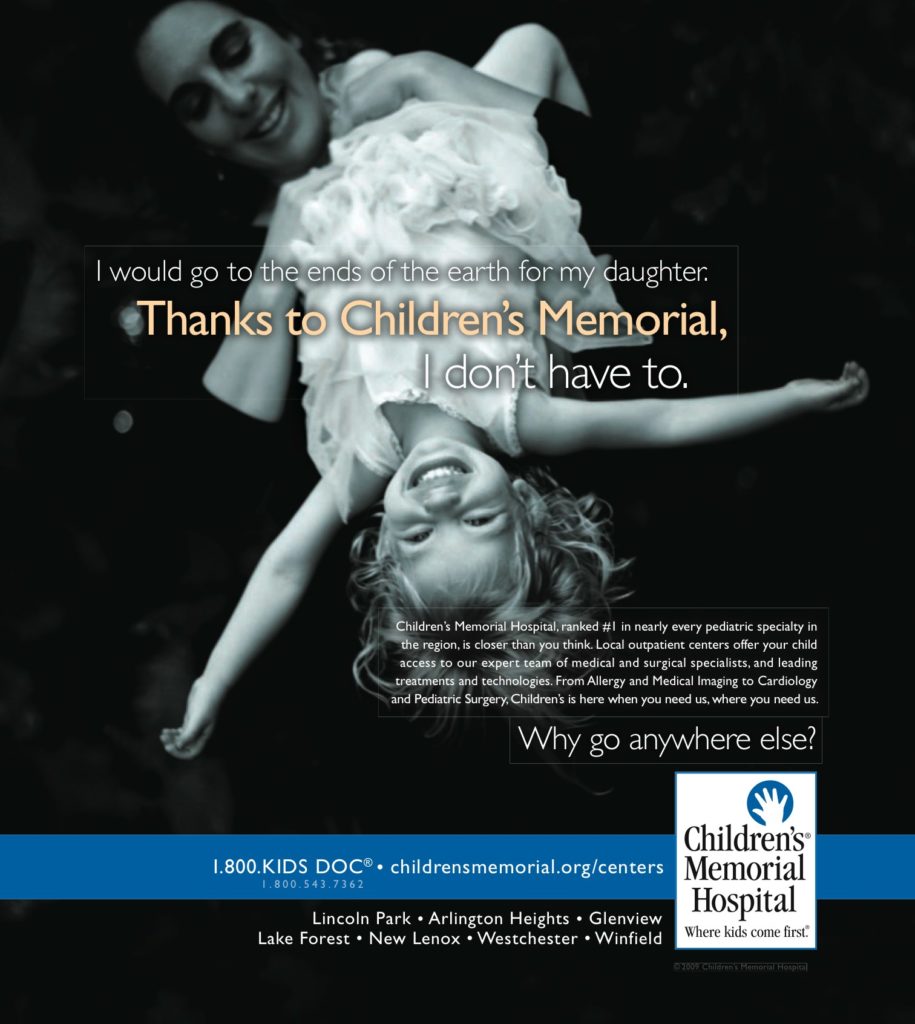Symptoms of Night Eating Syndrome

Night Eating Syndrome is a rare but devastating condition that is characterized by eating lots of calories throughout the night or during late evenings. Statistics show that Night Eating Syndrome affects one in ten people. Individuals suffering from NES can’t sleep at night. They find a midnight snack as the only solution to soothe themselves and combat insomnia and stress. NES can pose severe debilitating effects especially for those who are battling obesity. In fact, about one-quarter of those people who are severely obese have Night Eating Syndrome.
What Causes NES?
Studies have shown that NES results from an imbalance in stress-related hormones in the body. NES has been linked to imbalances in hormones such as low melatonin, high cortisol, and leptin hormones. Leptin is a hunger hormone, and patients with NES have deficient levels of this hormone. This is what leads to nocturnal food craving.
What are the Symptoms of Night Eating Syndrome?
Depressed Moods during Sleep Hours
 Nighttime eaters often experience elevated levels of cortisol or stress hormone during day hours. They suffer the effects of these hormones during the night and can get into the sleeping mood. More often, they suffer from chronic stress.
Nighttime eaters often experience elevated levels of cortisol or stress hormone during day hours. They suffer the effects of these hormones during the night and can get into the sleeping mood. More often, they suffer from chronic stress.
In fact, the condition affects their self-esteem and can’t maintain or develop healthy social and work lives. They look moody, nervous and agitated.
Guilt after Eating
The eating by NES individuals often produces shame and guilt. It is not necessarily done for enjoyment. They wake up about three to four times or even more to eat. The desire to eat in most cases is uncontrollable. However, after eating, most of them feel very shameful and often have a poor appetite in the morning. They feel tense, upset and anxious after eating.
Overweight or Obesity
Since NES patients eat mostly starch and sugar, they are more likely to become obese or overweight. The eating is irresistible and can lead to intake of too many calories. This results in weight gain.
Difficulty in Sleeping
Insomnia is very rampant in NES patients. Due to the low level of melatonin hormone, individuals suffering from NES can’t fall asleep during the night because of the urge to eat. The urge often brings disturbances to their sleep and wake cycles. They have trouble falling staying awake or falling asleep.
Frequent Dieting Problems
Night Eating Syndrome patients cannot succeed in dieting programs. Their habitual eating patterns make it hard for them to control what goes into their mouths. NES patients eat more than half the amount of calories they take during dinner. Most of them even skip meals during the day but end up overeating at night. The increased eating during the night is meant to compensate the missed calories during the day. Such eating patterns can affect one’s dieting goals.
Conclusion
Night Eating Syndrome can make an individual more vulnerable to addiction and depression problems. It is far different from sleep eating or Bing eating disorders. Attempts to treat and prevent NES include therapies to raise nocturnal rise in melatonin (find out more on melatonin), increase in leptin hormones and reduction in the body’s adrenal response to stress.


